
Opeth – In Cauda Venenum
“In Cauda Venenum“- the poison is in the tail. Or: The worst is yet to come. The title of the latest Opeth album, while chosen by frontman Mikael Åkerfeldt mostly “because it sounds cool” (at least he says so), offers something for everyone in its meaning: those who still hope the Swedes will eventually return to their most popular proggy death metal roots will find yet another setback – and those who endorse the direction they have taken from “Heritage” will discover new depths of darkness in Opeth’s music – but also beauty.
After 2016’s “Sorceress”, which had its strong moments but lacked consistency and direction (and suffered from a weird far too bass-heavy production) and the supporting tour, Åkerfeldt had decided to take a long break – which eventually only led him back into the studio and to writing new material. Without pressure, he decided on writing the lyrics in his very own language Swedish, and only later added an English version as a crowd pleaser as well.
Four albums into their new path of progressive rock with rare and well dosed adventures into metal territory, the result of that writing process is Opeth’s most homogenous post-”Watershed” album.
Homogenous it is, but far from being easy to digest. Indeed more than the previous efforts, “In Cauda Venenum” needs time to develop, to slowly crawl into the ears and give forth its hidden treasures.
The whole affair starts rather peacefully with ‘Livets Trädgård/The Garden Of Earthly Delights’, a lengthy mellotron intro, accompanied by waving synth sounds. After an epic beginning with choirs, hammond organ and a heavy guitar, ‘Svekets Prins/Dignity’ takes a step back and gives way to a sound clip featuring former Swedish prime minister Olof Palme with a slightly wavy and obscure New Year’s speech, talking about the different feelings that the change of years might evoke to some people. Pretty much fitting for the emotional ups and downs that are to follow. The song develops to be one of the most dynamic and heavy ones in the album, with great riffs and – a growl (only for a few seconds though, don’t get too excited).
‘Hjärtat vet vad handen gör/Heart in Hand’ comes galloping and more straight forward than the previous song. Åkerfeld mentioned before the album release that writing the lyrics first in Swedish enabled him to write them more contemporary than in the previous albums. And lines such as this one in the English translation “The parody is real/And we’re biding time/And while losing ground,/ make sure to worship monarchy” sound pretty much like a political statement, doesn’t it?
Opeth – Hjärtat Vet Vad Handen Gör / Heart In Hand (Click here if the video does not play)
Things are getting darker with ‘De närmast sörjande/Next of Kin’ with its doomy guitars and strings, and as the song develops we get a taste of the orchestration by Dave Stewart, that waves effortlessly between subtle and epic. With ‘Minnets yta/Lovelorn Crime’ we get one of the rare ballads, which sounds beautiful with Åkerfeldt singing in Swedish in unusually high voice. How the song slowly builds up towards that heartbreaking guitar solo gives a good example of what a good songwriter the Opeth frontman is.
With the …yes, djenty beginning of ‘Charlatan’ we get quite a hard break and sounds that we have not heard from Opeth since long. But once again the song takes a twist, this time turning into a crazy 70s rock jam session, only to end with a creepy conversation in Swedish, followed by even creepier gregorian chants. What follows is probably the most layered song of the record, ‘Ingen sanning är allas/Universal Truth’. A fine dance between heavy and mellower parts, interesting use of falsetto voice and medieval-ish guitar melodies, sometimes reminding us of Steve Hackett, create a very satisfying composition.
Opeth – Svekets Prins (Click here if the video does not play)
‘Bannemannen/The Garroter’ with its lush drumming, dark piano melody and general weirdness shows us how to make a jazzy song sound sinister and evil, before ‘Kontinuerlig drift/Continuum’ gives another demonstration of how well Opeth can build up a song towards a raging climax. ‘Allting tar slut/All Things Will Pass’ closes the album with a heavy riff that stays in the ear, together with the hymnic melody at the end, far after the album’s last note has faded out.
Despite the diversity between and within the songs, it all feels like a continuous flow, everything just fits. ‘In Cauda Venenum’ shows that you don’t need full heavy metal force to create that typical Opeth feeling: somewhere between a warm fuzziness of good old times and endless darkness. What it also shows is how comfortable Åkerfeldt feels when singing in his mother tongue – it gives the album quite an organic feeling. And so it is almost lamentable that they decided to record the songs in English as well, because it takes attention away from the original.
Opeth have found their new sound, and now they can use it to create just what they want. The result might not be for everyone, but it is well worth to be explored. If ‘In Cauda Venenum’ gets the time and attention it deserves, it is almost like a good movie, best consumed in a dark room with a good wine. If Opeth continues to evolve, and they will, they might still have some poison left in their tail.
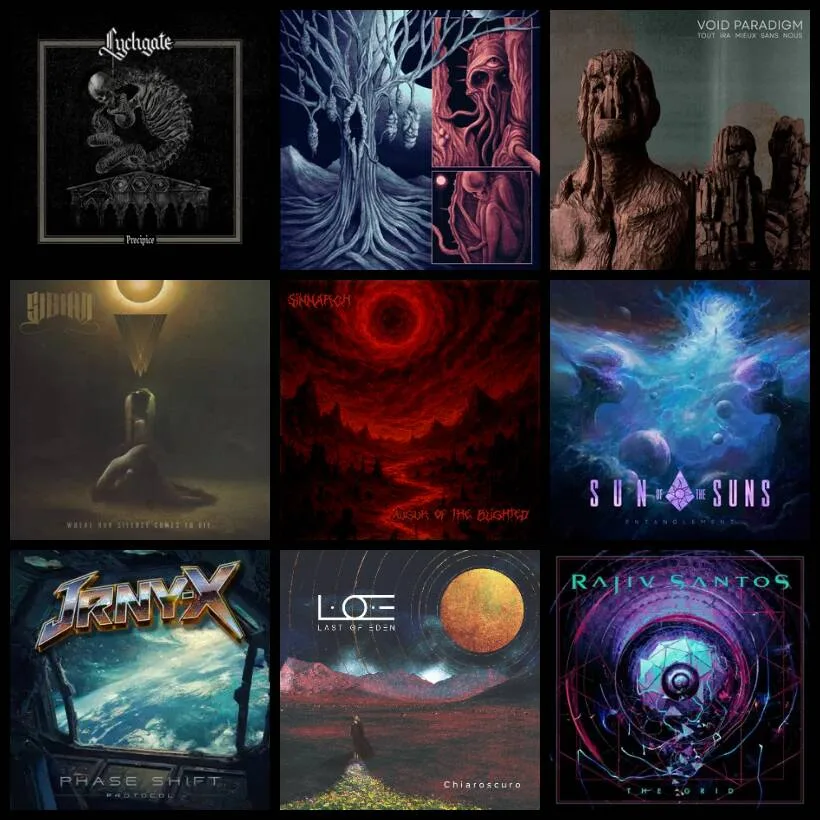

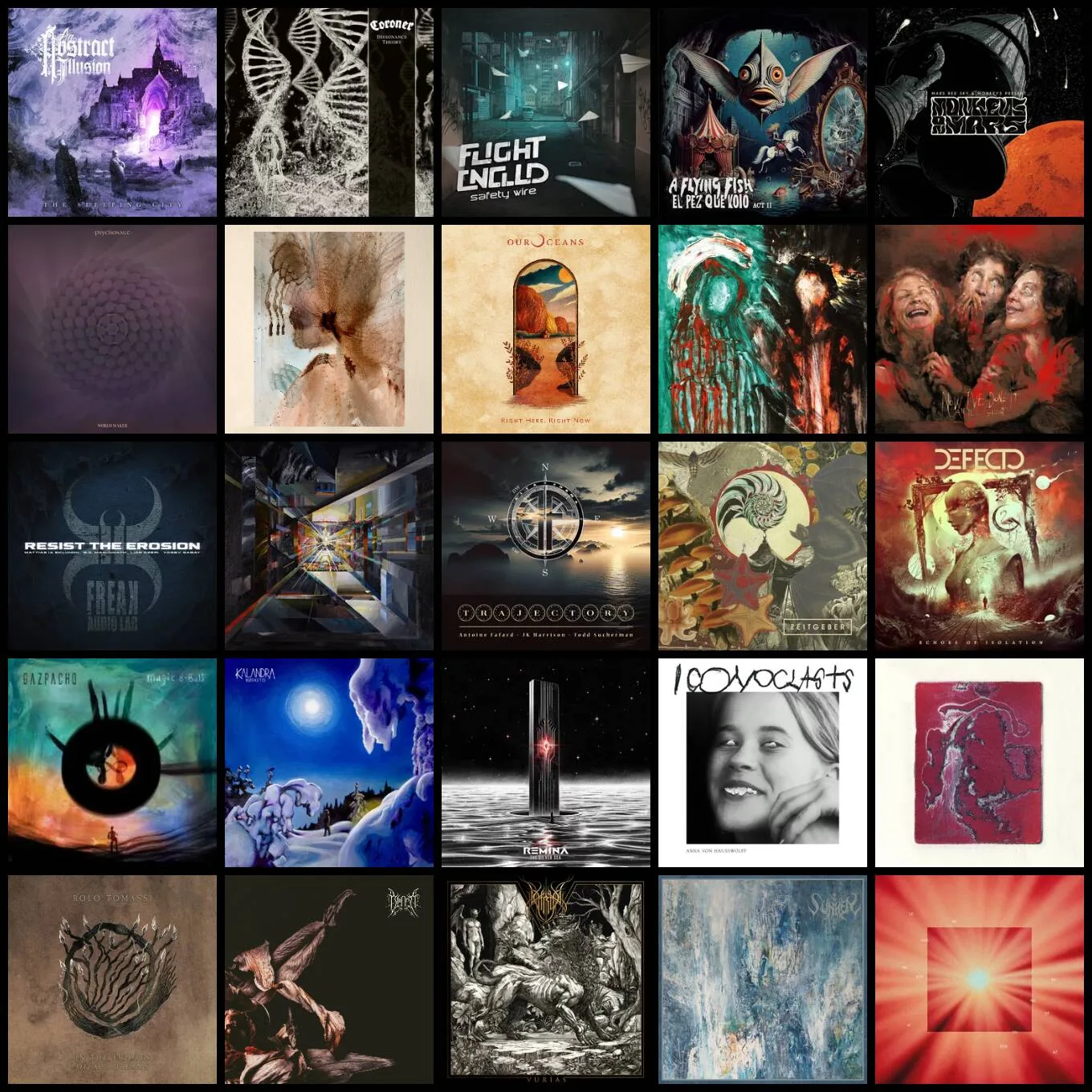


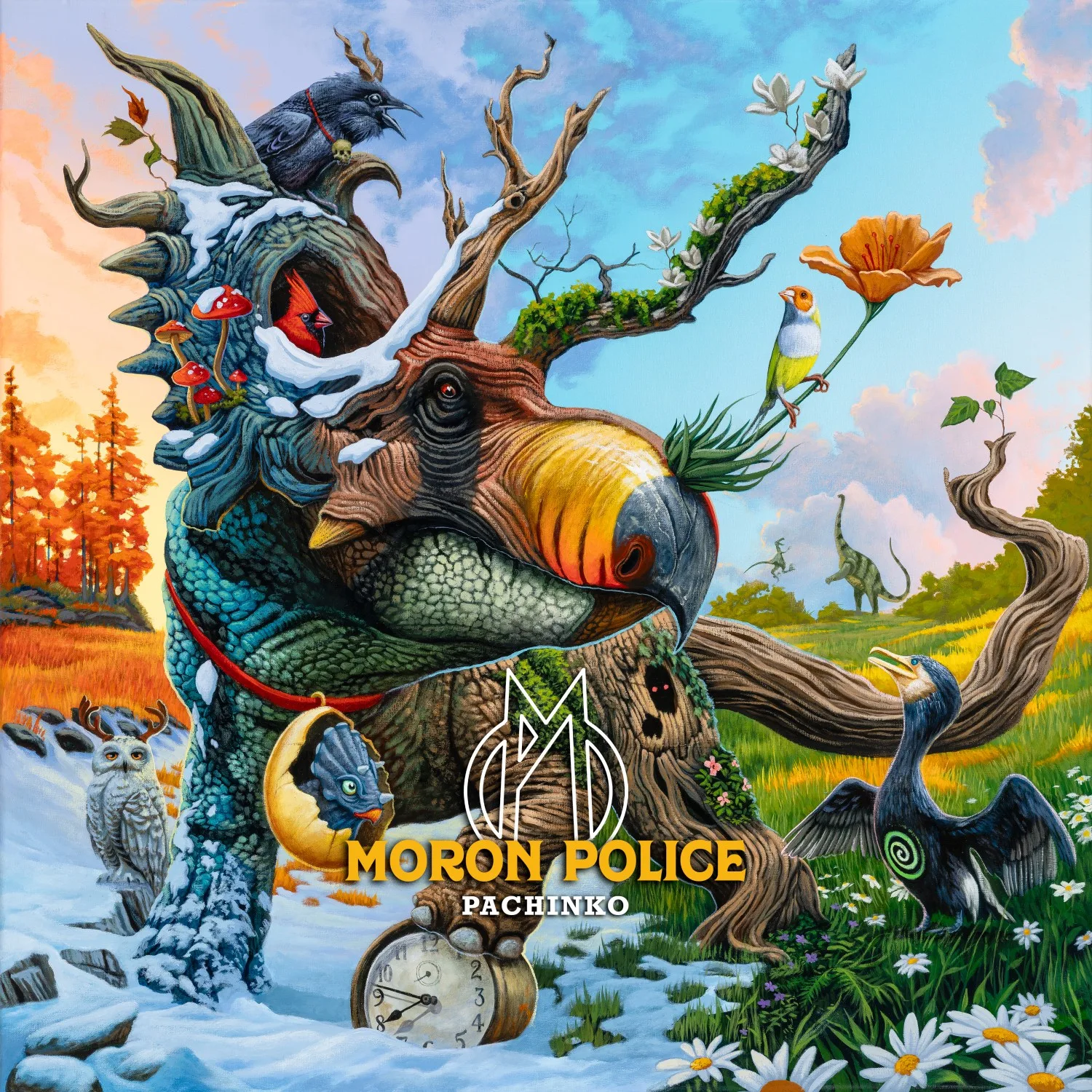
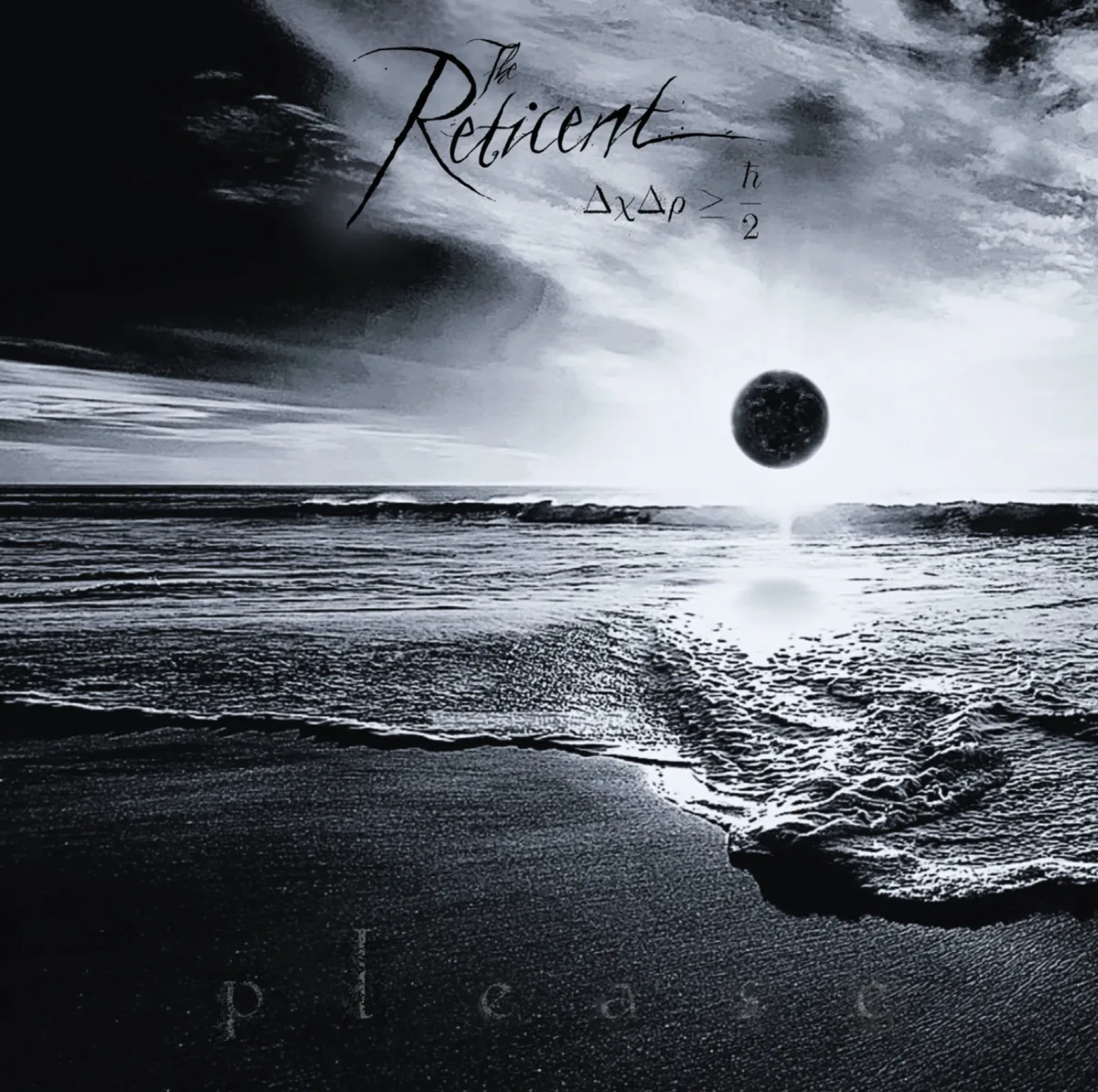
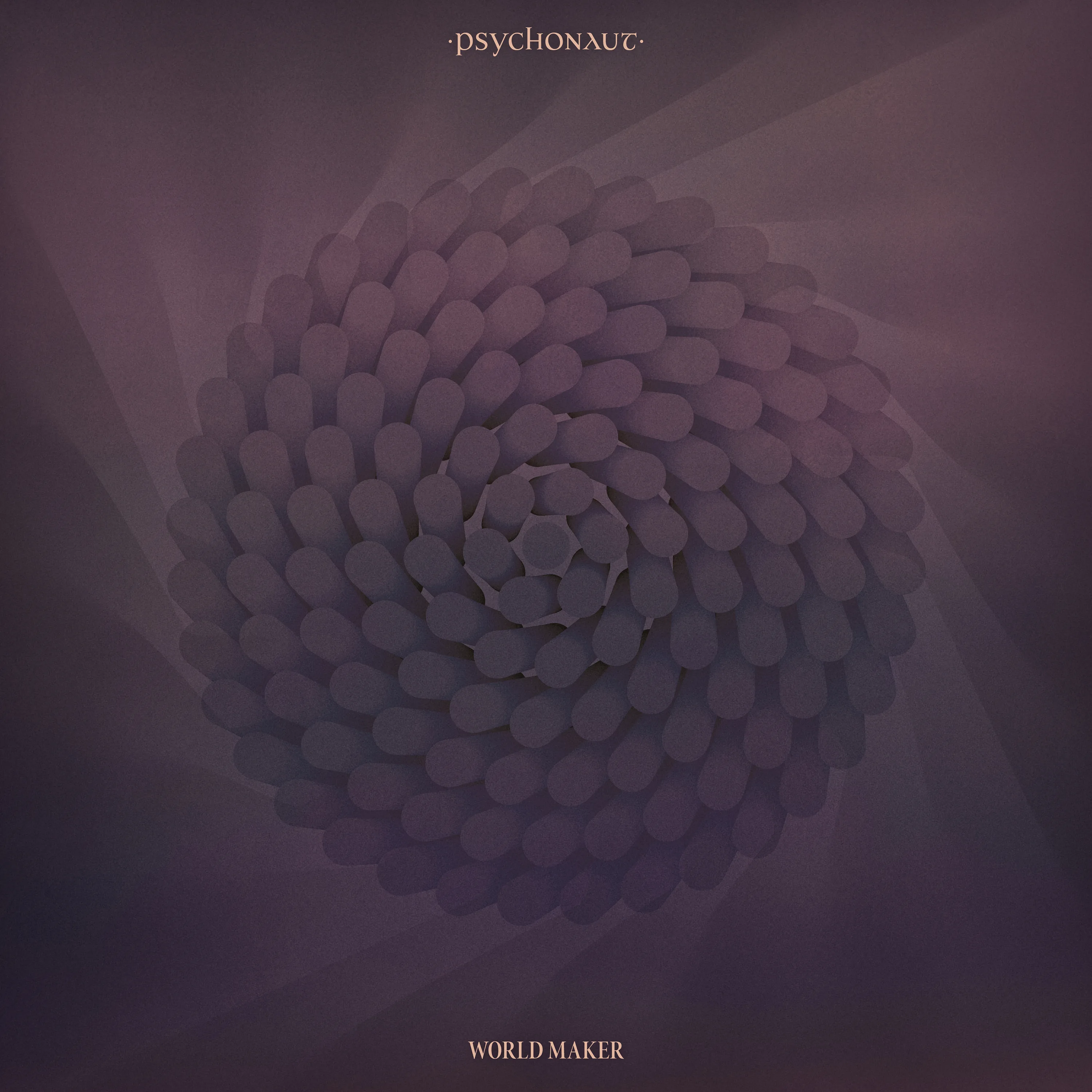

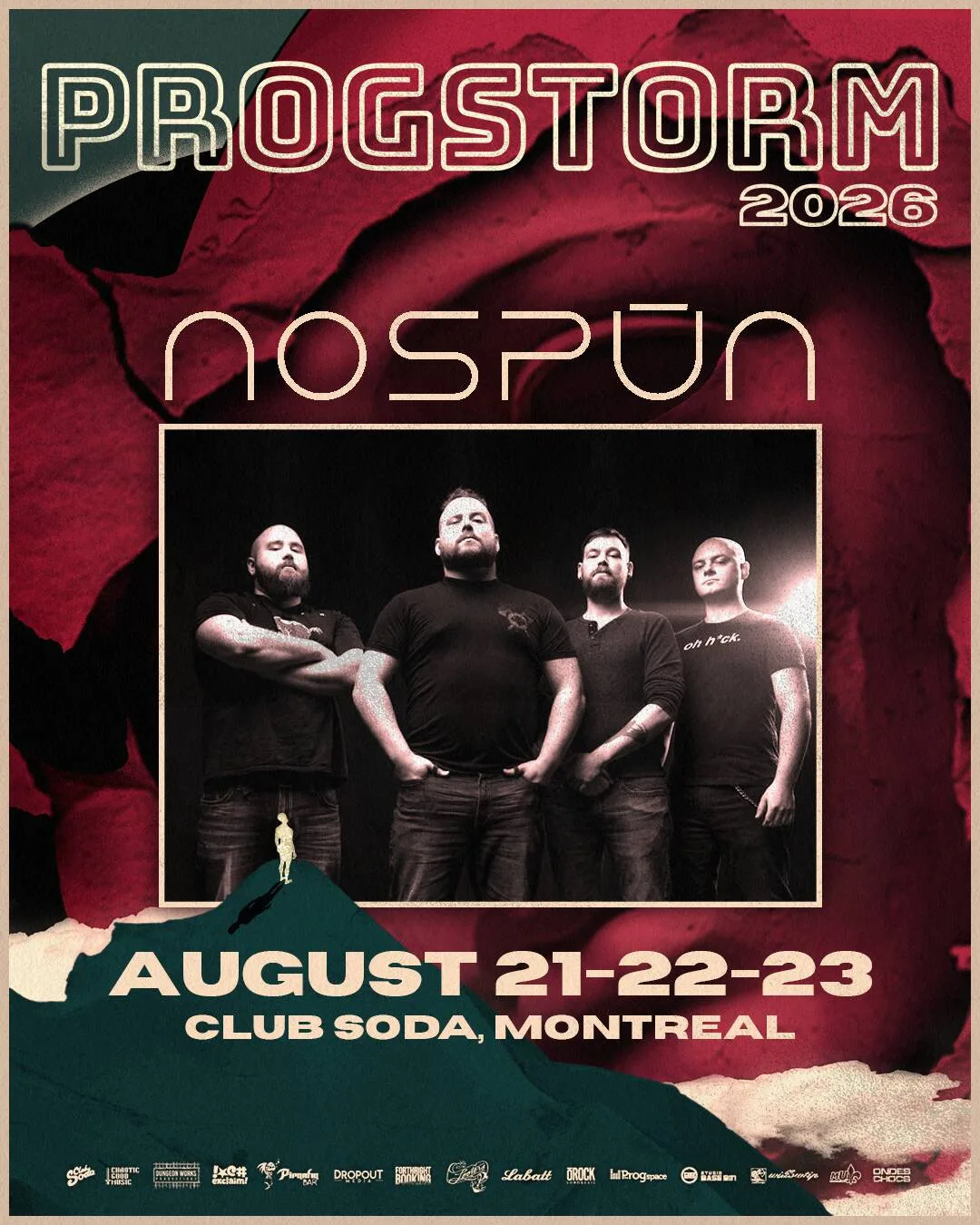



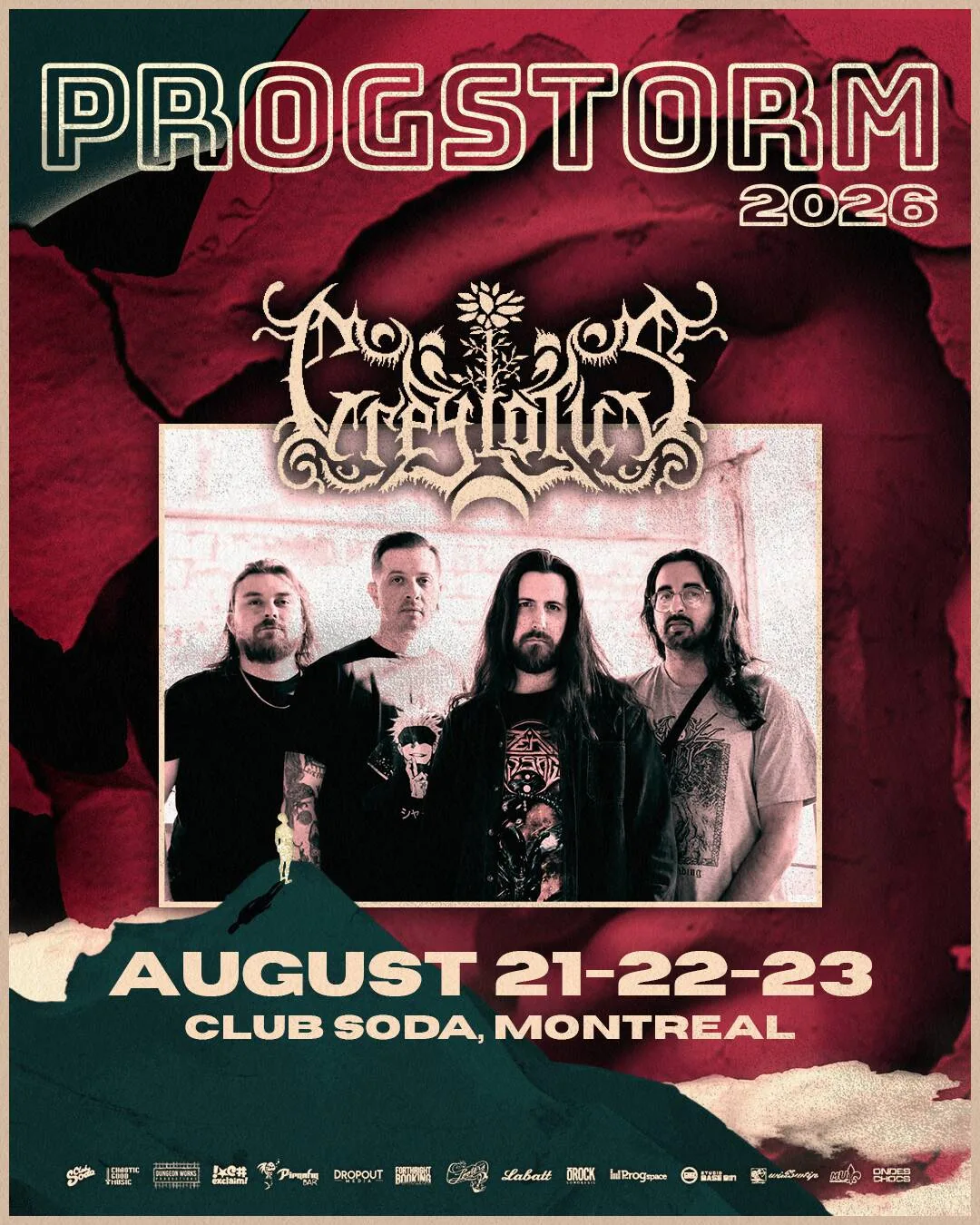

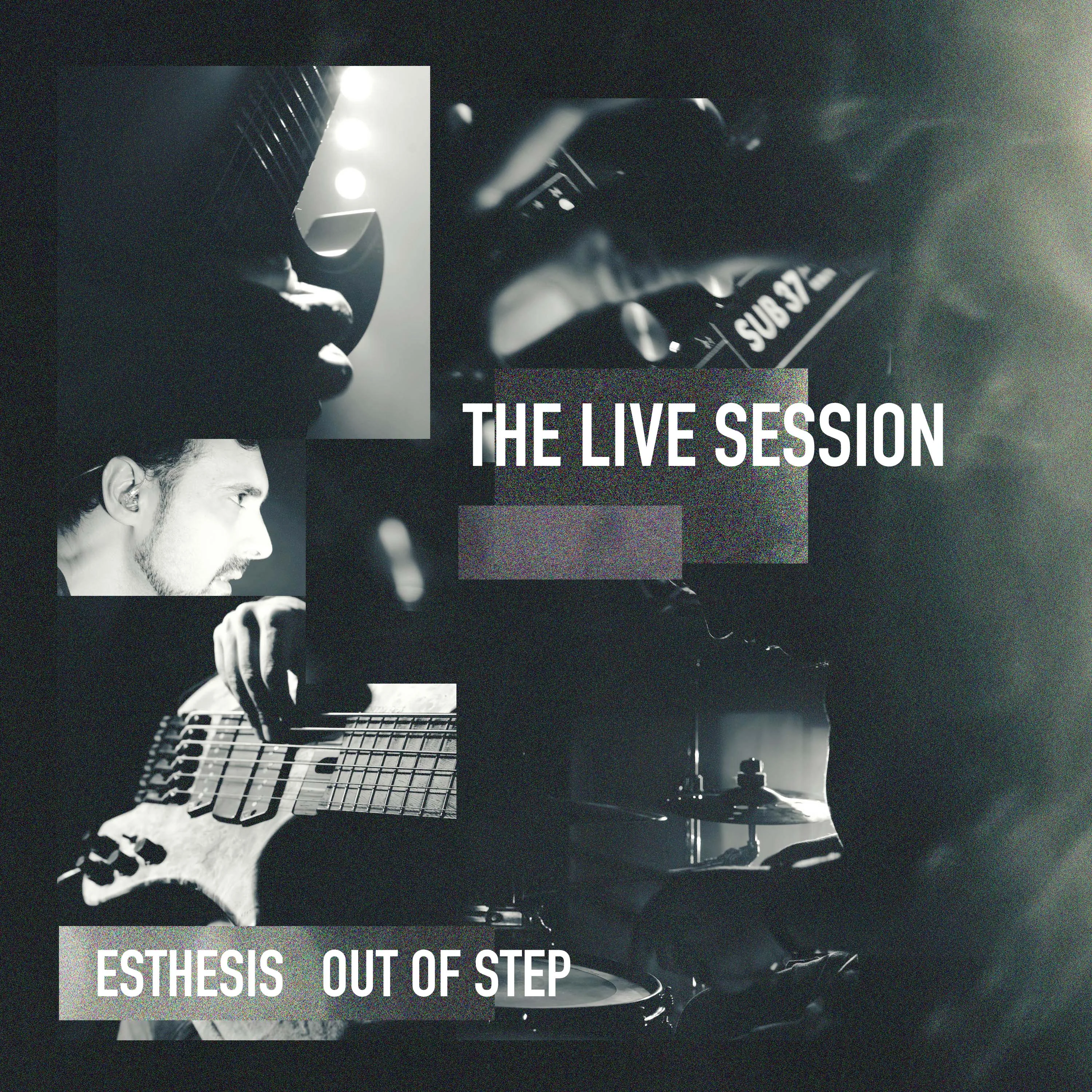
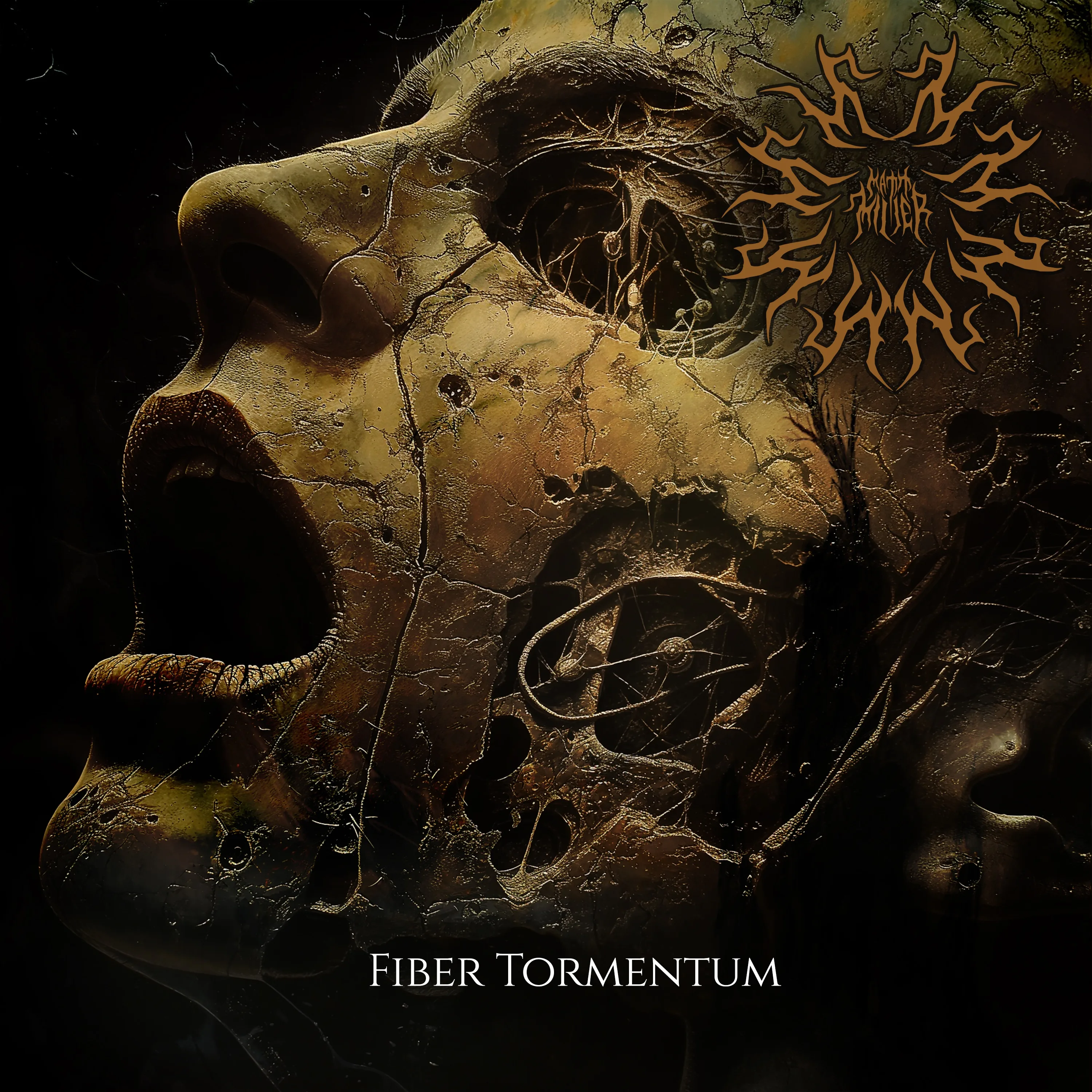
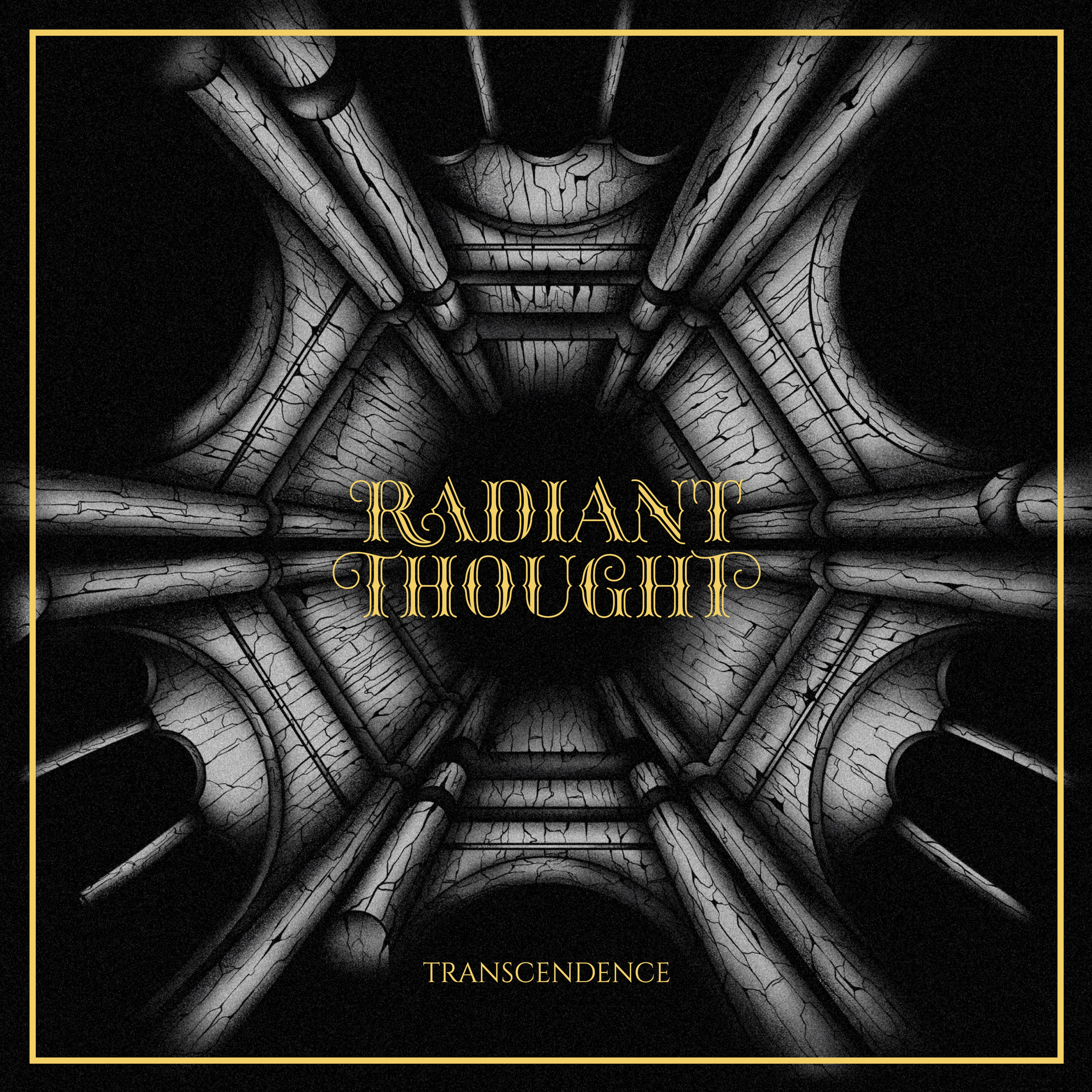
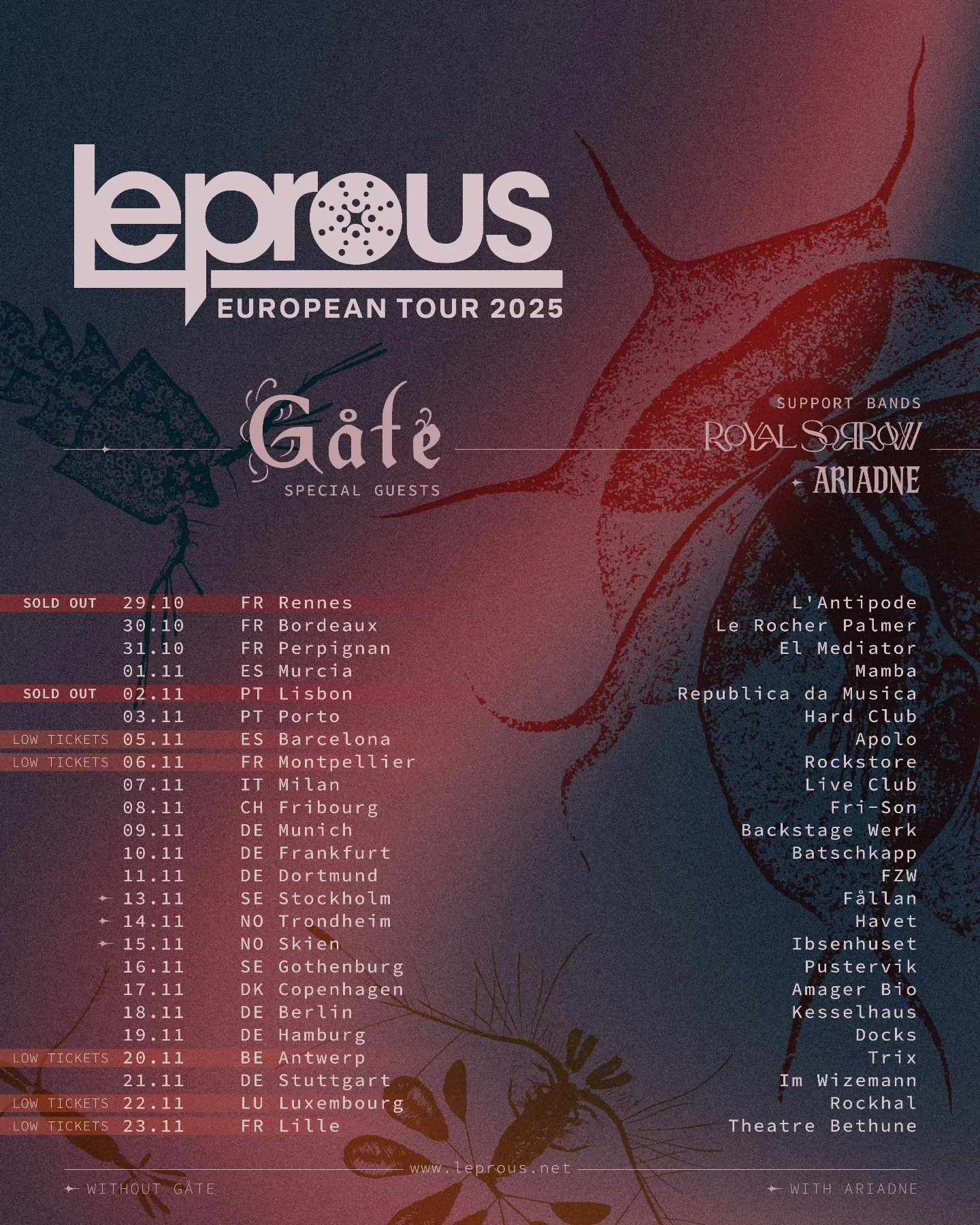






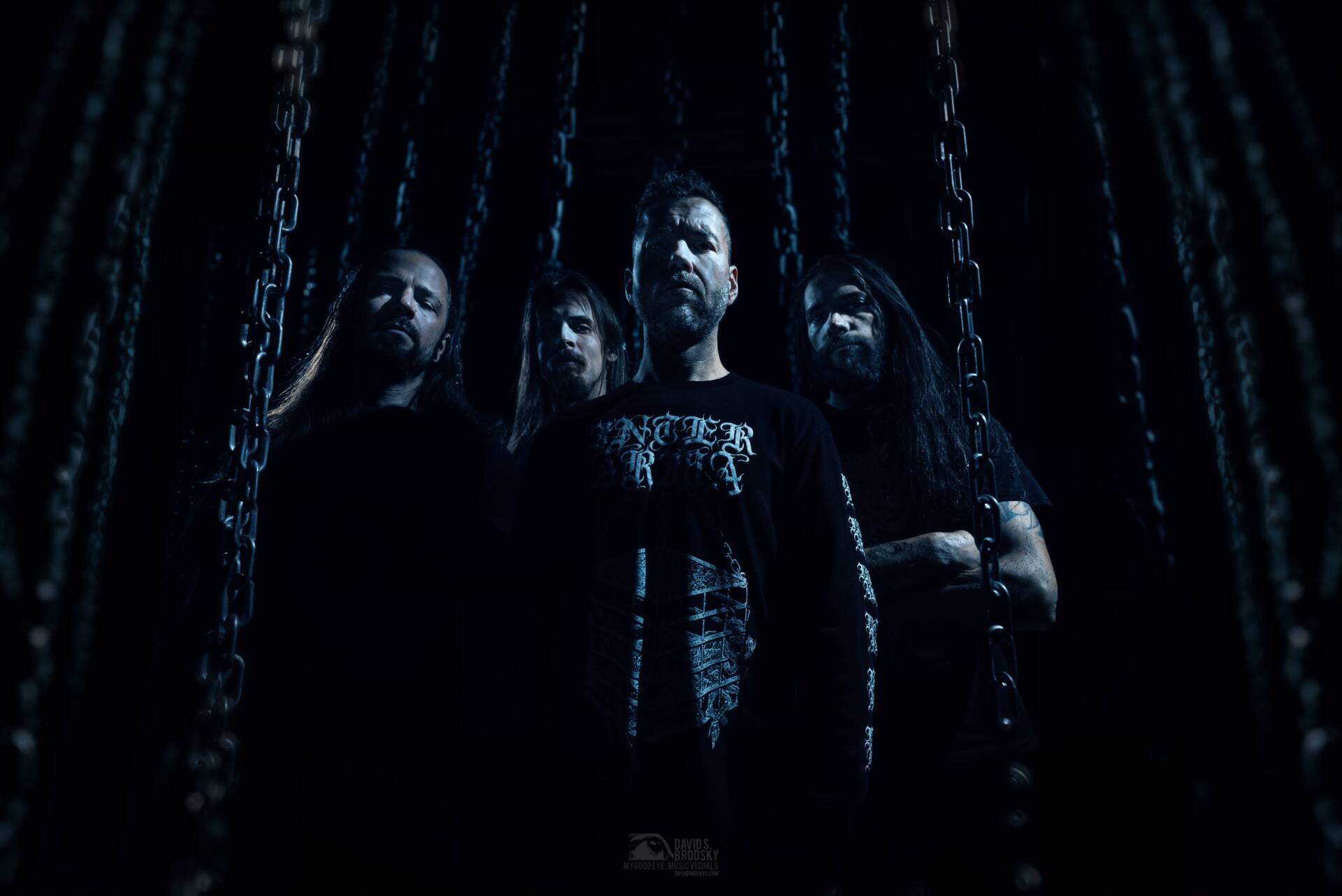







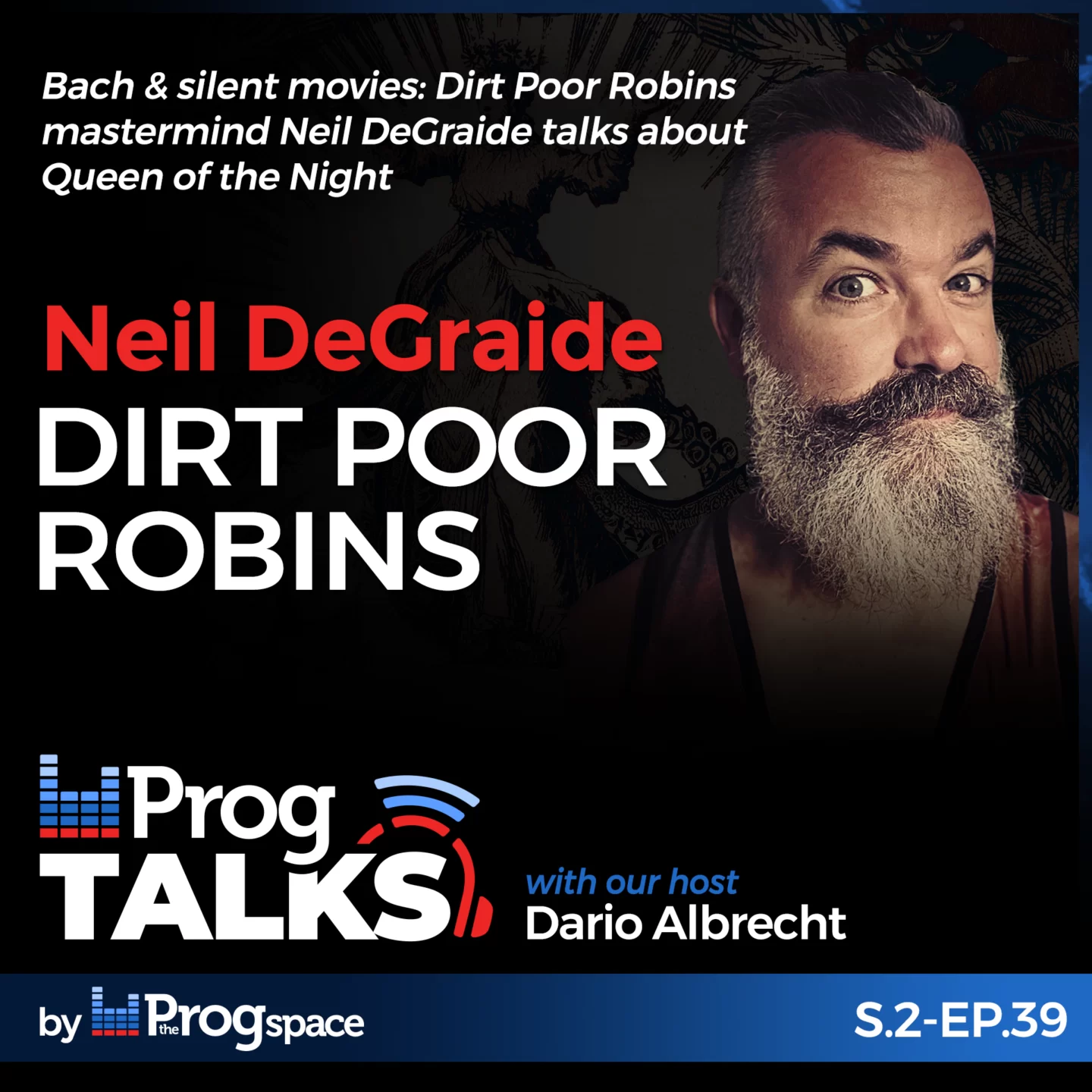





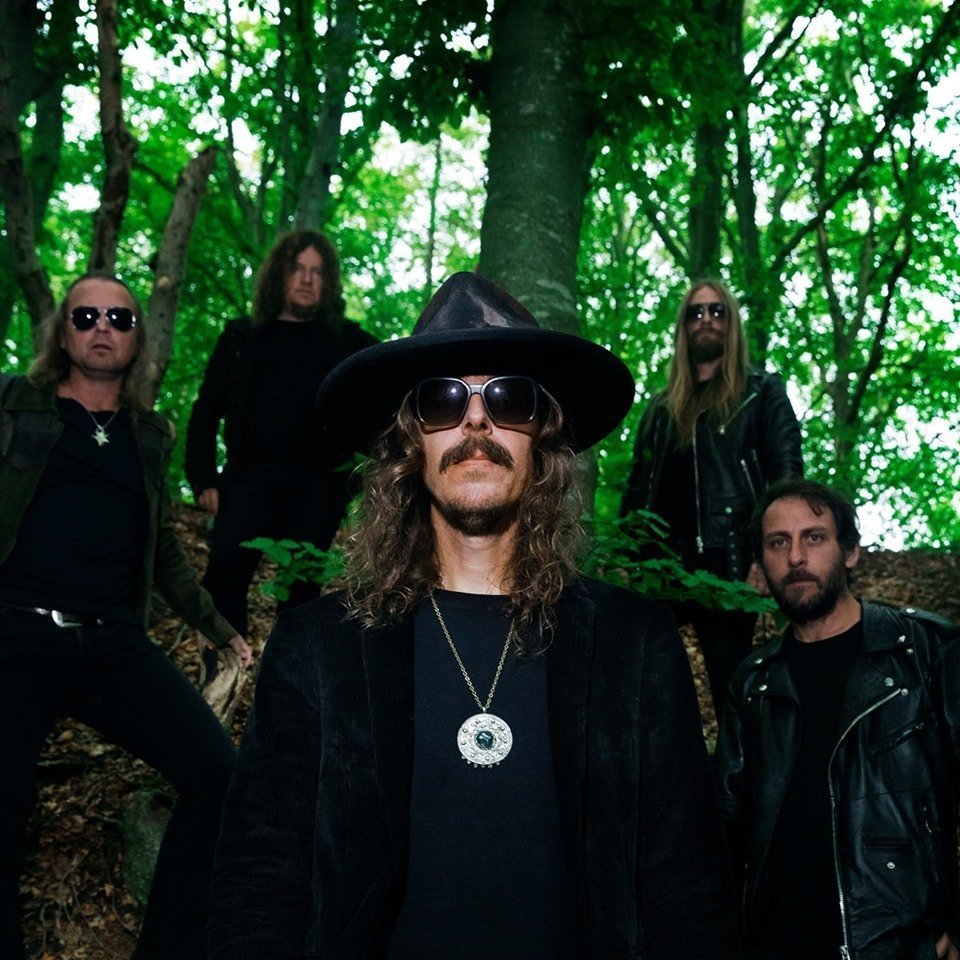
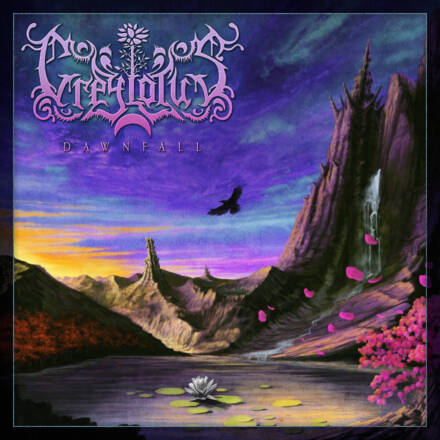

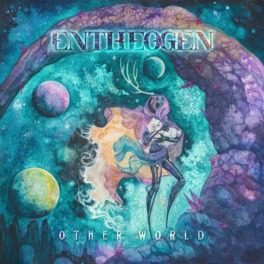
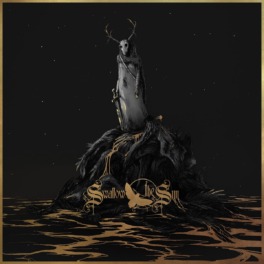


 We’re a group of Prog-lovers who started a journey to share with you our thoughts about albums, concerts, tours and festivals, the photo galleries of the Prog concerts we visit, as well interviews with upcoming or established musicians or prog-related people. Follow our Facebook page for frequent updates and news around the Progniverse.
We’re a group of Prog-lovers who started a journey to share with you our thoughts about albums, concerts, tours and festivals, the photo galleries of the Prog concerts we visit, as well interviews with upcoming or established musicians or prog-related people. Follow our Facebook page for frequent updates and news around the Progniverse.